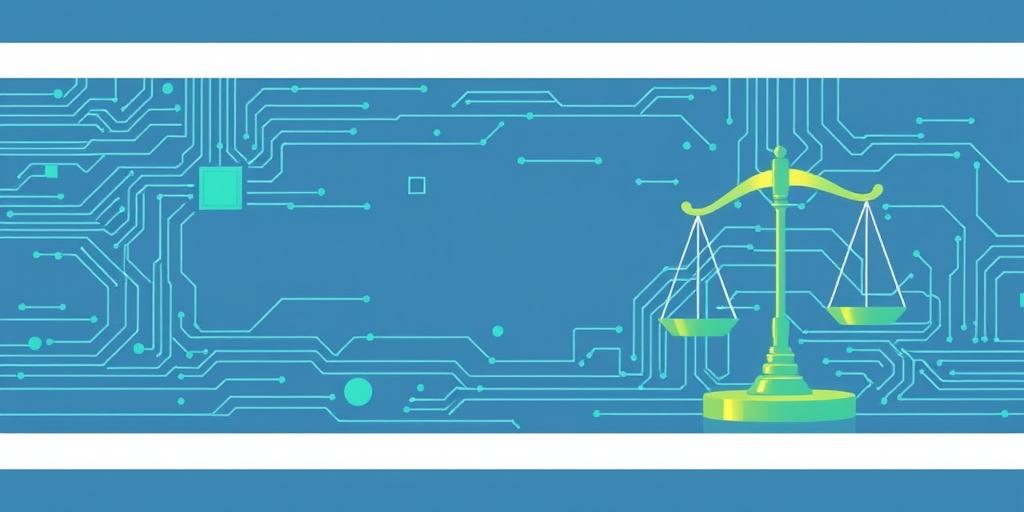The Ethical Implications of the Digital Economy
The digital economy, characterized by the pervasive influence of technology and the internet, has transformed how we live, work, and interact. While it offers unprecedented opportunities for innovation, growth, and connectivity, it also raises profound ethical questions that demand careful consideration.
Data Privacy and Security
One of the most pressing ethical concerns is data privacy. The digital economy thrives on the collection, analysis, and monetization of vast amounts of personal data. Companies track our online activities, purchase histories, and location data, often without our explicit consent or awareness. This raises questions about the extent to which individuals have control over their own data and the potential for misuse or abuse by corporations or governments.
Data breaches and cyberattacks further exacerbate these concerns. When sensitive personal information falls into the wrong hands, it can lead to identity theft, financial fraud, and reputational damage. Ensuring robust data security measures and holding organizations accountable for data breaches are crucial for maintaining trust in the digital economy.
Algorithmic Bias and Discrimination
Algorithms play an increasingly important role in decision-making processes across various sectors, including finance, healthcare, and criminal justice. However, algorithms are not neutral; they are often trained on biased data, which can perpetuate and amplify existing societal inequalities. Algorithmic bias can lead to discriminatory outcomes, such as denying loans to certain demographic groups or making inaccurate predictions about criminal recidivism.
Addressing algorithmic bias requires careful attention to data collection, algorithm design, and ongoing monitoring. It is essential to ensure that algorithms are transparent, explainable, and fair, and that they do not disproportionately harm marginalized communities.
Economic Inequality and Job Displacement
The digital economy has contributed to rising economic inequality, with a disproportionate share of wealth and income accruing to a small number of individuals and corporations. Automation and artificial intelligence are displacing workers in various industries, leading to job losses and wage stagnation. The gig economy, characterized by precarious work arrangements and a lack of benefits, further exacerbates these trends.
Addressing economic inequality in the digital age requires investing in education and training programs to equip workers with the skills they need to succeed in the changing labor market. It also requires exploring alternative economic models, such as universal basic income, to provide a safety net for those who are displaced by automation.
Intellectual Property and Copyright
The ease with which digital content can be copied and distributed has created significant challenges for intellectual property rights. Copyright infringement is rampant, and creators often struggle to protect their work from unauthorized use. Balancing the rights of creators with the public interest in access to information is a complex ethical challenge.
Developing effective strategies for protecting intellectual property in the digital age requires a combination of legal, technological, and educational approaches. It also requires fostering a culture of respect for intellectual property rights among consumers and businesses alike.
Environmental Sustainability
The digital economy has a significant environmental footprint. Data centers consume vast amounts of energy, and the production and disposal of electronic devices generate significant waste. Addressing the environmental impact of the digital economy requires promoting energy efficiency, reducing e-waste, and adopting sustainable practices across the entire digital ecosystem.
Conclusion
The ethical implications of the digital economy are far-reaching and complex. Addressing these challenges requires a multi-stakeholder approach involving governments, businesses, civil society organizations, and individuals. By promoting ethical principles such as transparency, accountability, fairness, and respect for human rights, we can harness the transformative power of the digital economy while mitigating its potential harms.









